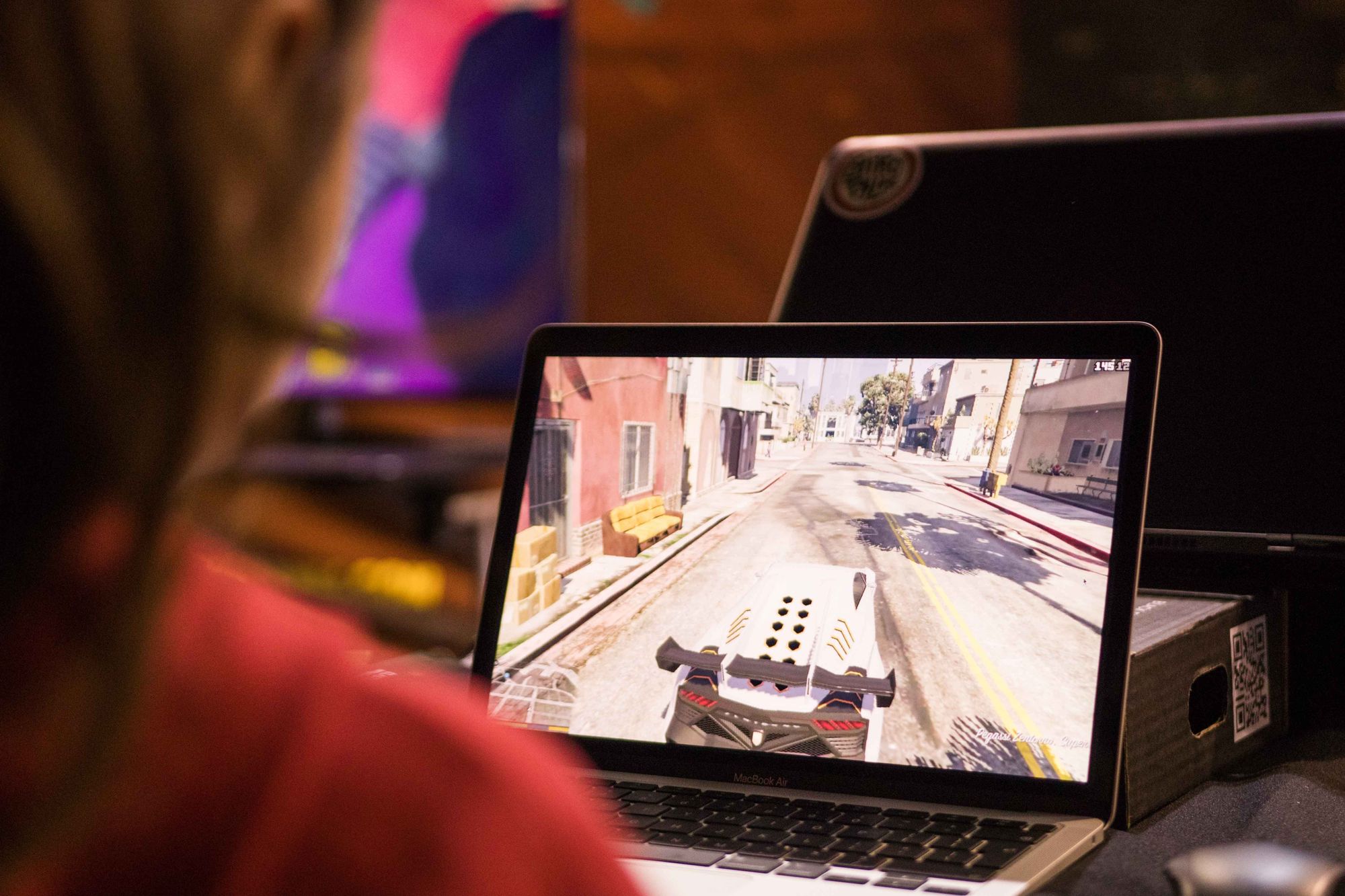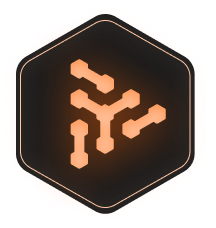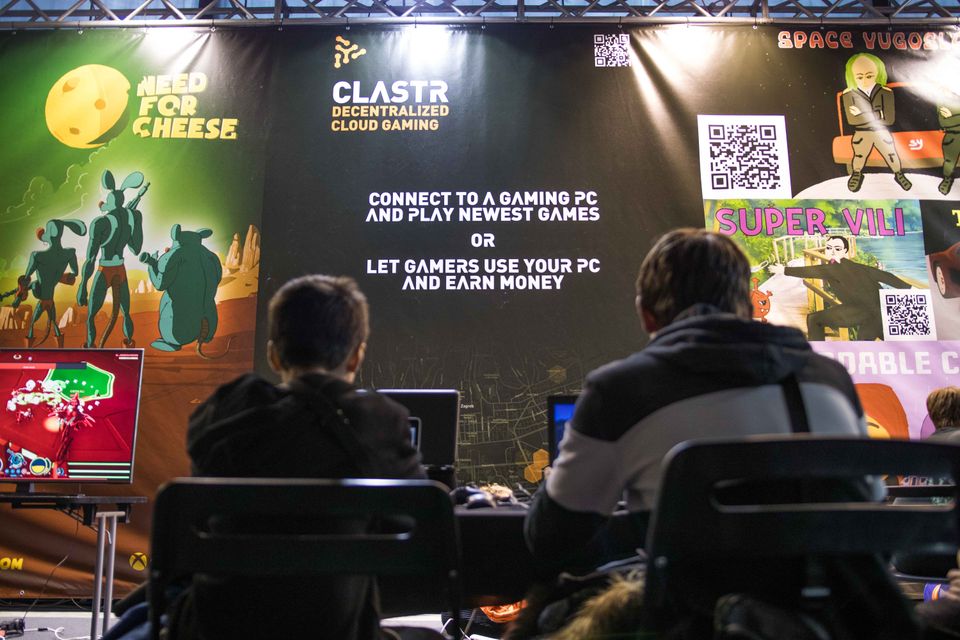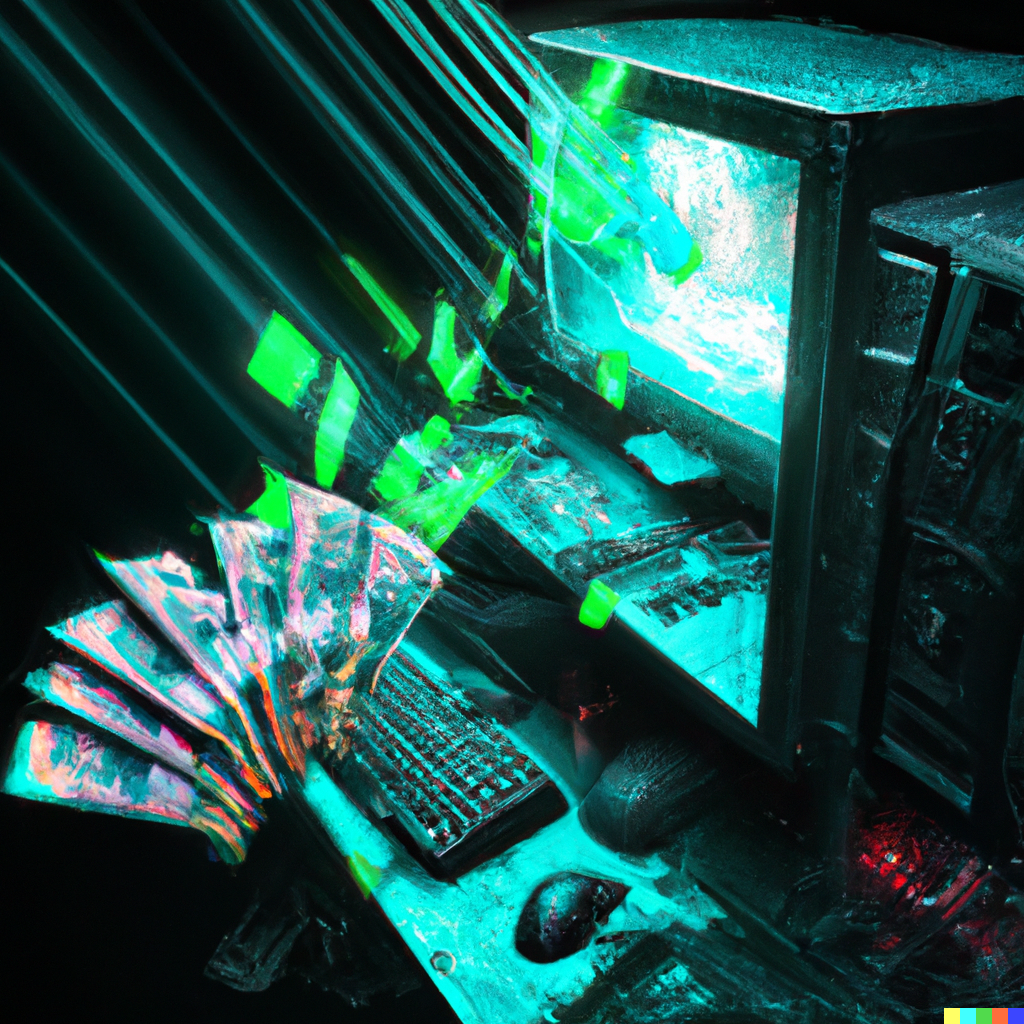Cloud gaming is a relatively new technology that has taken the gaming world by storm. It allows players to access games from any device with an internet connection, without the need for expensive hardware or downloads. This has made gaming more accessible and affordable for many people, but it has also raised concerns about the centralized nature of the current cloud gaming infrastructure.
Decentralized cloud gaming aims to address these concerns by using emerging technologies (primarily blockchain) to create a distributed network of servers and storage. This decentralized approach offers several benefits over traditional cloud gaming, including increased security, improved scalability, and greater control for players.

One of the key benefits of decentralized cloud gaming is increased security. With traditional cloud gaming, all of the game data and user information is stored on centralized servers, which are vulnerable to hacking and data breaches. Decentralized cloud gaming, on the other hand, distributes this data across multiple nodes in the network, making it much more difficult for attackers to access or compromise.
In addition to increased security, decentralized cloud gaming also offers improved scalability. Centralized cloud gaming systems can become overwhelmed during peak usage times, leading to latency and other performance issues. Decentralized systems, on the other hand, can easily expand and contract as needed, allowing for more consistent and reliable performance.
Another advantage of decentralized cloud gaming is greater control for players. With traditional cloud gaming, players are at the mercy of the provider, who controls access to the games and can impose restrictions or changes at will. Decentralized cloud gaming, on the other hand, puts the power in the hands of the players, who can choose which games to play and how to access them.
Despite these benefits, decentralized cloud gaming is still in its early stages and faces several challenges. One of the biggest challenges is the need for players to have a high-speed internet connection and a capable device in order to access the games. This can be a barrier for some players, particularly in rural or underserved areas.

Another challenge is the lack of support from major game developers and publishers. Many of these companies are heavily invested in traditional cloud gaming systems, and may be hesitant to embrace decentralized alternatives. This can limit the availability of popular games on decentralized platforms, making it difficult for them to gain traction.
Finally, there are also concerns about the cost and complexity of decentralized cloud gaming. Building and maintaining a decentralized network requires significant investment and expertise, which may be beyond the reach of smaller companies or individual players. This could lead to a concentration of power and control within a few large players, defeating the purpose of decentralization.
Despite these challenges, decentralized cloud gaming has the potential to revolutionize the gaming industry and provide significant benefits to players. As the technology matures and more developers and publishers come on board, we can expect to see more decentralized platforms and offerings in the near future.



